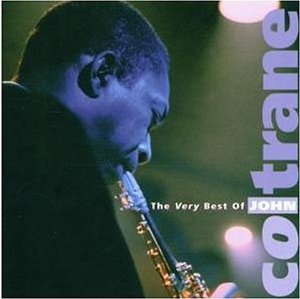
| Artist: | John Coltrane |
| Title: | The very Best of John Coltrane |
| Released: | 2000.05.02 |
| Label: | Atlantic Records |
| Time: | 75:09 |
| Producer(s): | See Artists ... |
| Appears with: | |
| Category: | Jazz |
| Rating: | *********. (9/10) |
| Media type: | CD |
| Purchase date: | 2007.06.20 |
| Price in €: | 7,99 |
| Web address: | www.johncoltrane.com |